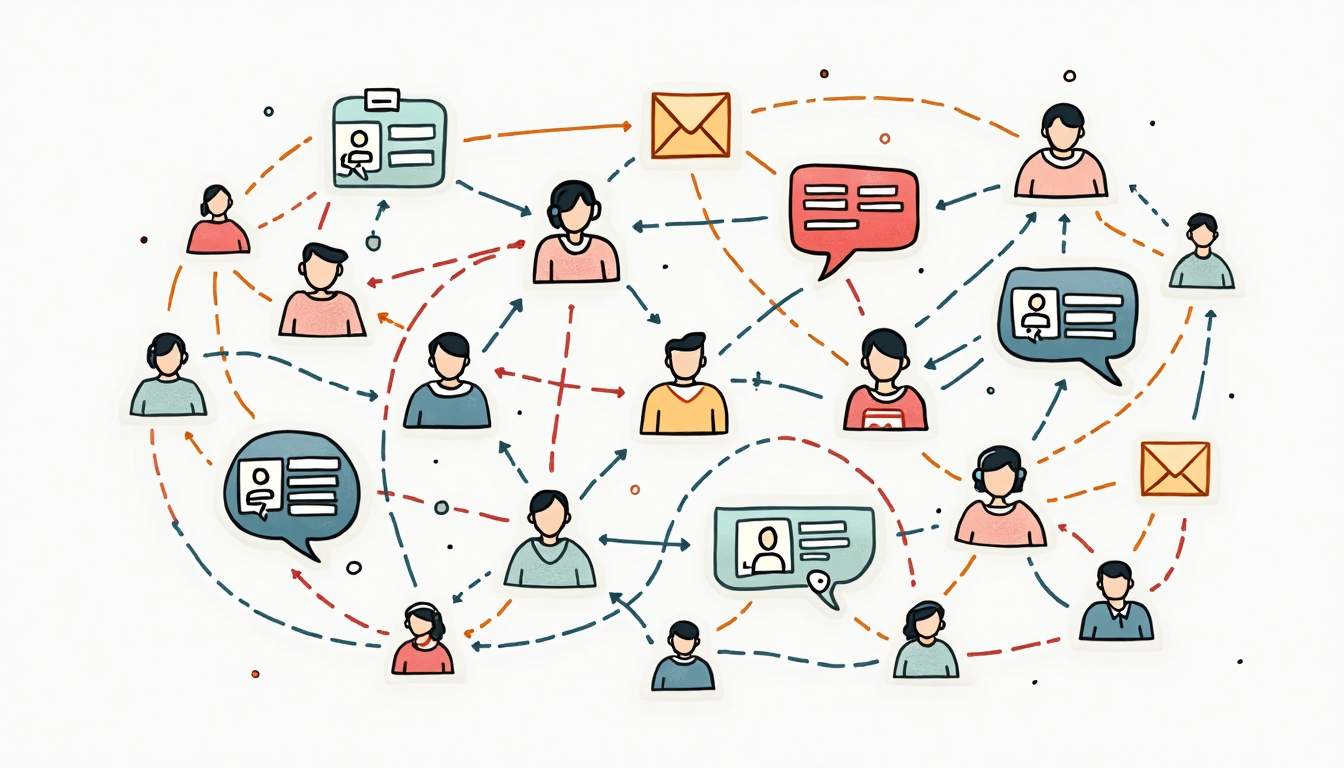MVP Customer Support: Building Relationships at Scale
In today’s fast-paced digital economy, startups and emerging businesses face the challenge of providing exceptional customer support while managing limited resources. The concept of a Minimum Viable Product (MVP) extends beyond just product development—it’s equally vital in customer support strategies. MVP customer support focuses on delivering essential, effective assistance that fosters meaningful relationships with users, even as the company scales rapidly.
Building strong customer relationships at scale requires a thoughtful blend of technology, communication, and continuous improvement. This article explores how to implement MVP customer support effectively, emphasizing help desk integration, user communication, and support-driven product improvement processes that can propel your business forward.
Help Desk Integration and User Communication
At the heart of MVP customer support lies the ability to manage and respond to customer inquiries efficiently. Help desk integration is a critical component, enabling businesses to consolidate support requests from multiple channels—email, chat, social media, and phone—into a single, manageable platform. This integration reduces response times and ensures no customer query falls through the cracks.
According to a 2023 Zendesk report, companies that integrate multiple communication channels into a unified help desk see a 25% improvement in first response time and a 30% increase in customer satisfaction scores. These statistics highlight the tangible benefits of streamlined support workflows.
Effective user communication goes beyond mere responsiveness. It’s about creating a dialogue that feels personal and empathetic, even when handled by automated systems or support agents managing hundreds of tickets daily. Utilizing tools that allow for personalized messaging, such as dynamic templates that reference user data or previous interactions, can make customers feel valued and understood.
Moreover, proactive communication is a key differentiator in MVP support models. Sending timely updates about ticket status, product issues, or upcoming features helps build trust and reduces frustration. For example, a SaaS startup might notify users immediately when a known bug is being addressed, preventing a flood of support tickets and demonstrating transparency.
Integrating help desk software with customer relationship management (CRM) systems also empowers support teams with context. When agents have access to user purchase history, preferences, and prior feedback, they can tailor their responses more effectively, turning routine support interactions into opportunities for relationship building and upselling.
In addition to these strategies, leveraging artificial intelligence (AI) in help desk operations can significantly enhance user communication. AI-driven chatbots can handle common inquiries around the clock, providing instant responses to customers while freeing up human agents to tackle more complex issues. This not only improves efficiency but also ensures that customers receive immediate assistance, which is crucial in today’s fast-paced digital environment. Furthermore, AI can analyze customer interactions to identify patterns and suggest improvements to the support process, leading to continuous enhancement of service quality.
Another vital aspect of help desk integration is the ability to gather and analyze data from customer interactions. By utilizing analytics tools, businesses can gain insights into common pain points, peak inquiry times, and customer sentiment. This data-driven approach allows organizations to proactively address issues and refine their support strategies, ensuring they remain aligned with customer needs. For instance, if data reveals that a particular feature frequently leads to confusion, the company can invest in better user education or refine the feature itself, ultimately enhancing the overall customer experience.
Support-Driven Product Improvement Processes
Customer support is not just a reactive function; it is a rich source of insights that can drive product innovation and refinement. An MVP approach to support means capturing and analyzing user feedback systematically to inform product development cycles.
One effective method is to establish a feedback loop where support tickets are categorized by issue type, feature requests, and user sentiment. This data can be shared regularly with product teams to prioritize fixes and enhancements that have the greatest impact on user satisfaction and retention.
For instance, a mobile app company might notice a surge in support tickets related to onboarding difficulties. By addressing this pain point through product tweaks or improved tutorials, they can reduce support volume and improve the overall user experience simultaneously.
Incorporating support data into agile development processes ensures that product iterations are aligned with real user needs. This approach reduces the risk of building features that do not resonate with customers, saving time and resources.
Furthermore, involving support teams in product discussions fosters a culture of customer-centricity throughout the organization. Support agents, who interact directly with users daily, often have valuable perspectives on usability and feature gaps that might not be evident from analytics alone.
Many successful startups have leveraged support-driven product improvement to scale rapidly. For example, a well-known project management platform credits its early growth to a relentless focus on user feedback gathered through support channels, which guided the development of key features that differentiated it from competitors.
Moreover, the integration of advanced analytics tools can enhance the feedback process. By employing sentiment analysis and natural language processing, companies can gain deeper insights into customer emotions and pain points expressed in support interactions. This level of analysis can uncover trends that may not be immediately visible, allowing teams to proactively address issues before they escalate into larger problems.
Additionally, creating a dedicated customer advisory board can further enrich the support-driven product improvement process. This board, composed of diverse users, can provide direct feedback on new features, beta releases, and overall product direction. Engaging with customers in this manner not only deepens relationships but also empowers users to feel invested in the product’s evolution, fostering a sense of community and loyalty that is invaluable for long-term success.
In conclusion, MVP customer support is about more than just managing inquiries—it’s about building scalable relationships that fuel business growth. By integrating help desk tools with user communication strategies and embedding support insights into product development, companies can create a virtuous cycle of improvement and customer loyalty. This approach not only enhances user satisfaction but also positions businesses to adapt quickly in a competitive marketplace.






